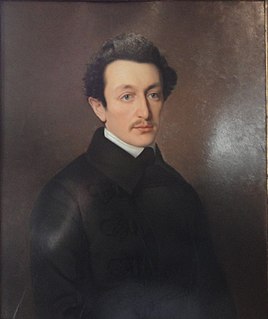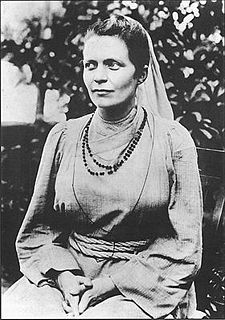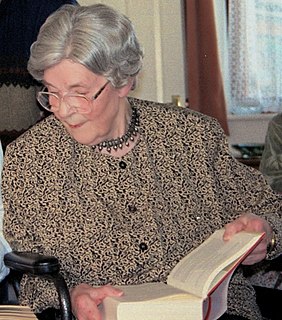A Quote by Robert Rainy
A tendency could not but arise to reconcile with Christian profession a good many modes of life, enjoyments, occupations, social actions and customs, from which the first Christians had recoiled.
Related Quotes
To the other nations of the world, religion is one among the many occupations of life. There is politics, there are the enjoyments of social life, there is all that wealth can buy or power can bring, there is all that the senses can enjoy; and among all these various occupations of life and all this searching after something which can give yet a little more whetting to the cloyed senses - among all these, there is perhaps a little bit of religion. But here, in India, religion is the one and the only occupation of life.
The focus of all life is its economy, the mode through which every living creature produces its material existence. I know no other criterion for the evaluation of social life except that of social economy. In society, just like anywhere else, the mode of production is the focus around which revolve all the modes of life: in the historical life of conscious beings, it is also the focus of all modes of consciousness.
If the many and the One be indeed the same Reality, then it is not all modes of worship alone, but equally all modes of work, all modes of struggle, all modes of creation, which are paths of realization. No distinction, henceforth, between sacred and secular. To labour is to pray. To conquer is to renounce. Life is itself religion. To have and to hold is as stern a trust as to quit and to avoid.
Condemning class struggle does not mean condemning every possible form of social conflict. Such conflicts inevitably arise and Christians must often take a position in the "struggle for social justice." What is condemned is "total war," which has no respect for the dignity of others (and consequently of oneself). It excludes reasonable compromise, does not pursue the common good but the good of a group, and sets out to destroy whatever stands in its way.
Isn't it interesting that in Acts 11, at the end of verse 26, it says, "The disciples were called Christians first at Antioch." What I find interesting is the simple thought that the Christians didn't name themselves. But rather, they were called (or named) "Christians" by those watching their lives. I wonder if it would be the same today. Could someone look at your life or look at my life and name me a Christian? A humbling thought for sure.
The one and only substitute for experience which we have not ourselves had is art, literature. We have been given a miraculous faculty: Despite the differences of language, customs and social structure we are able to communicate life experience from one whole nation to another, to communicate a difficult national experience many decades long which the second of the two has never experienced.
As we move forward, I am looking for a new leader of the Chicago Police Department to address the problems at the very heart of the policing profession. The problem is sometimes referred to as "the thin blue line." The problem is other times referred to as "the code of silence." It is this tendency to ignore. It is the tendency to deny. It is the tendency, in some cases, to cover up the bad actions of a colleague or colleagues.
Scripture is vast, and people can pick and choose what they emphasize, and so for hundreds of years verses that said that you are to welcome the stranger, that with Christ there's neither Jew nor Greek, male nor female, we've broken down the dividing wall with the original church, where Christians were first called Christian was the church of Antioch in which for the first time you had Jews, Gentiles of all different ethnicities come together as one people. That's when they were called Christians.





































